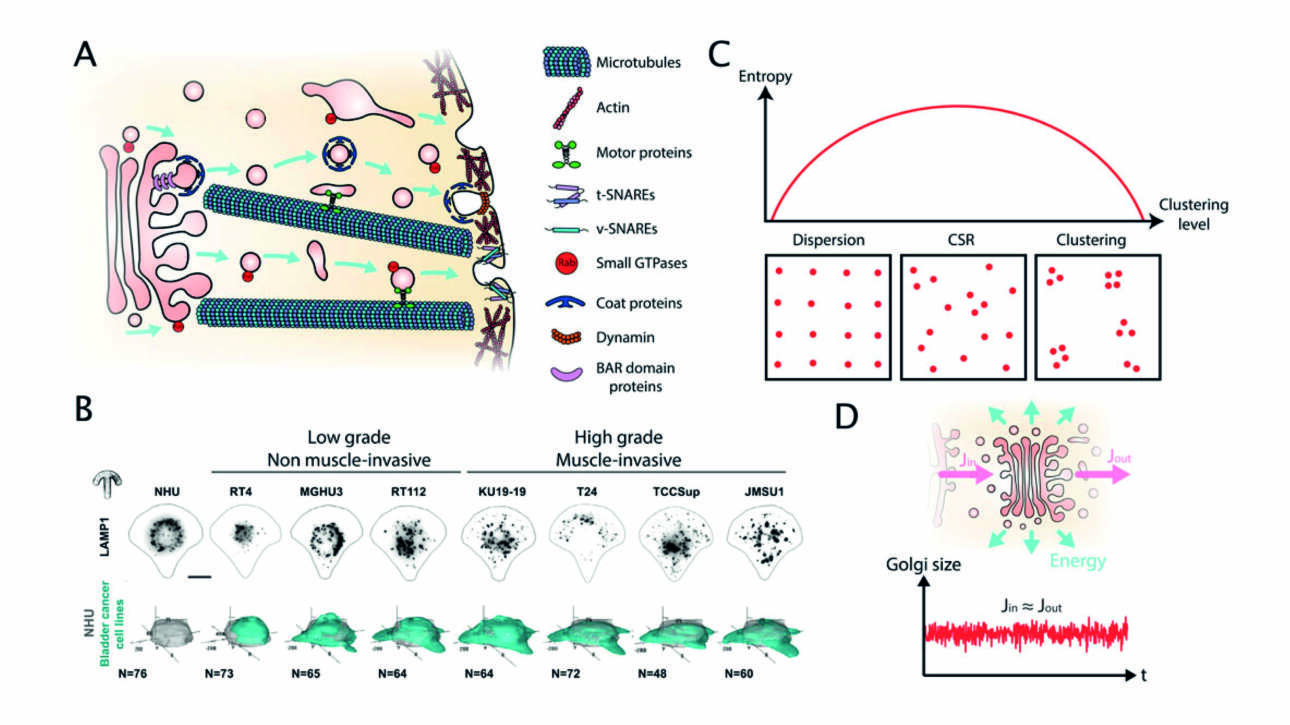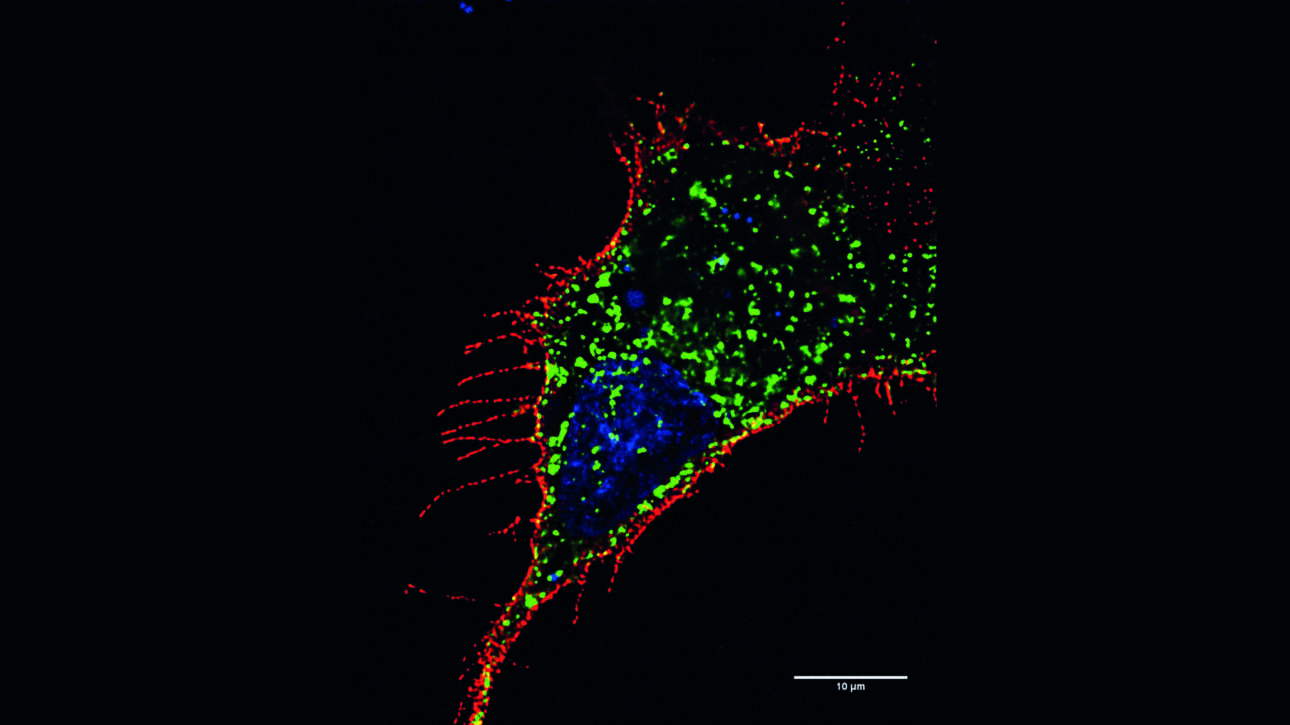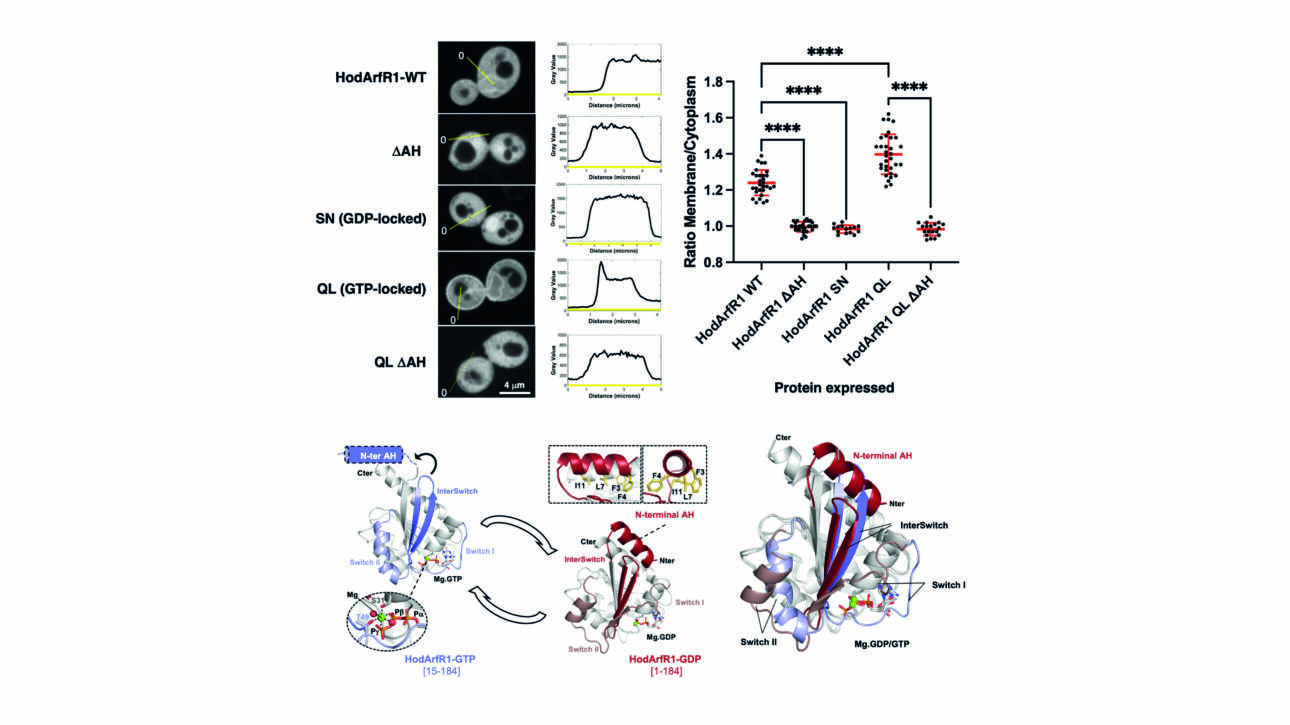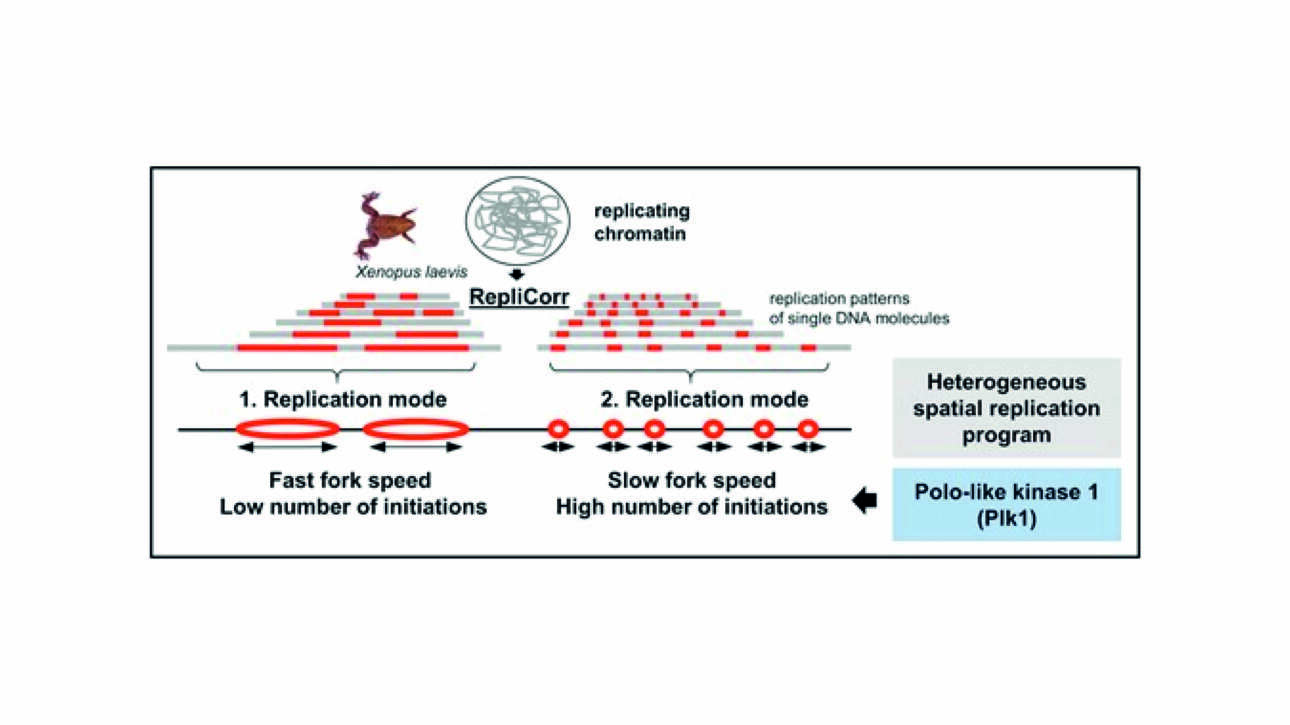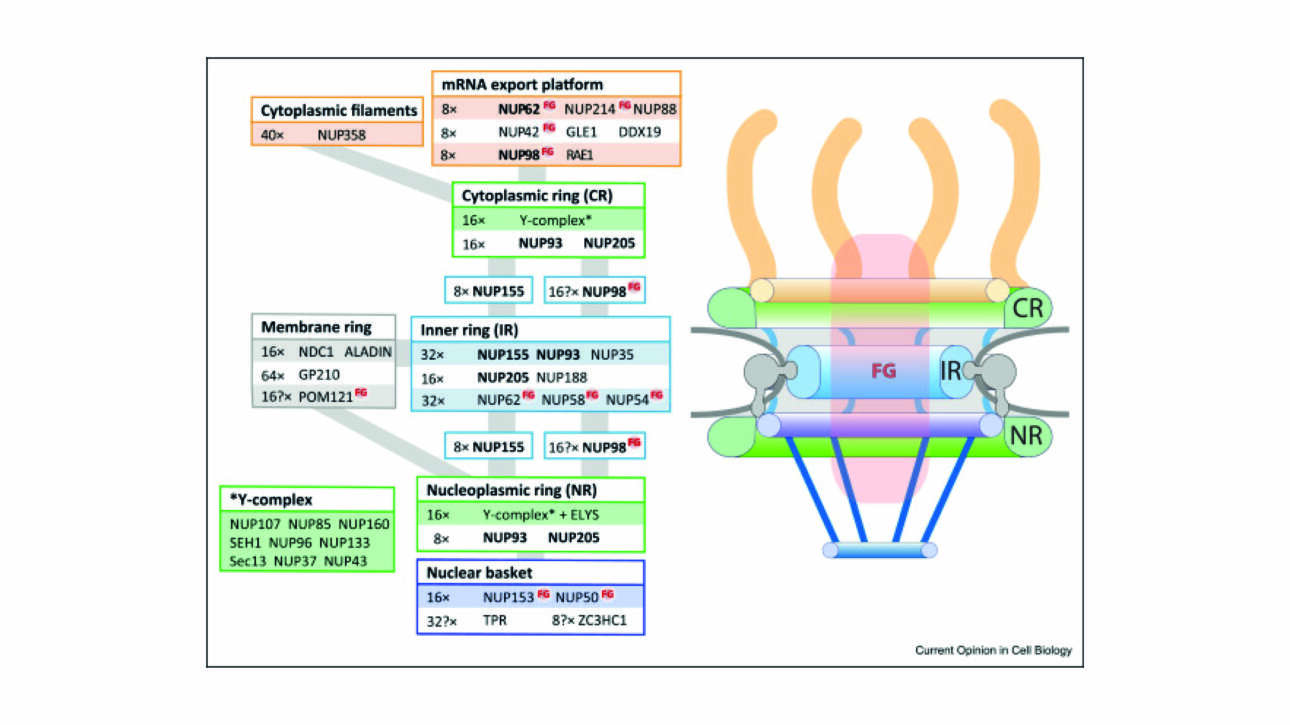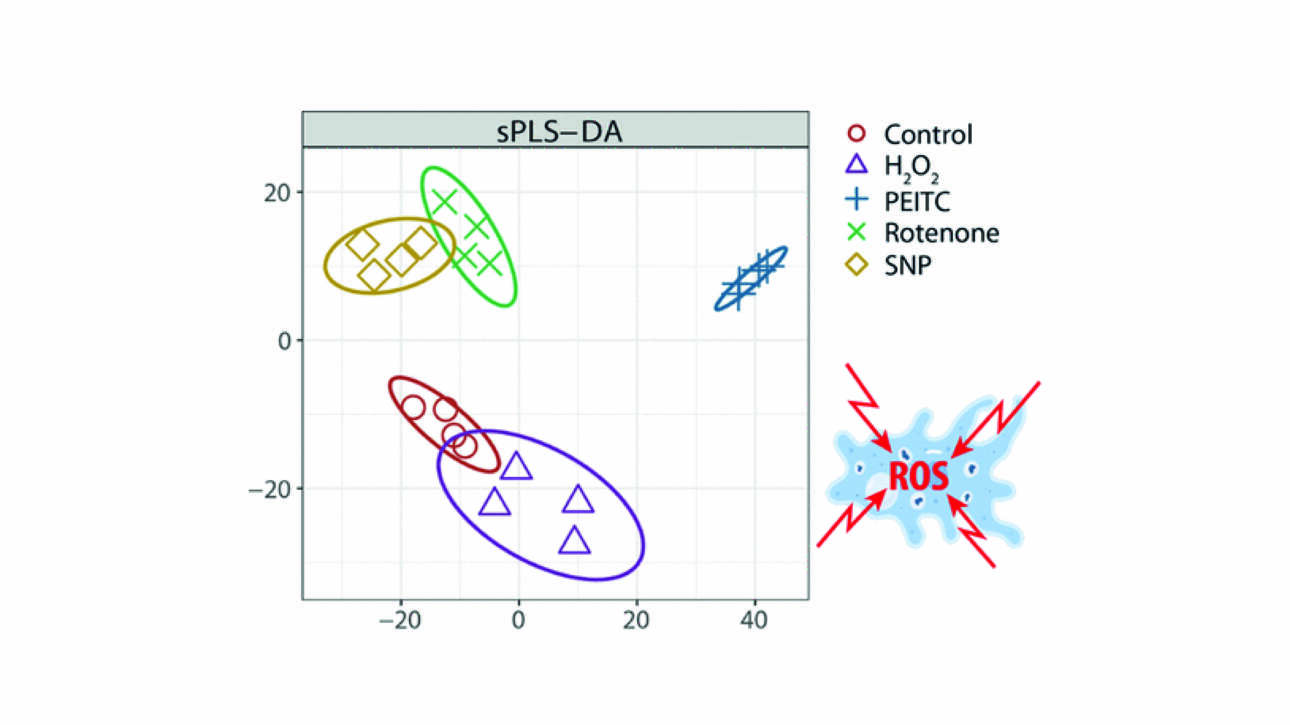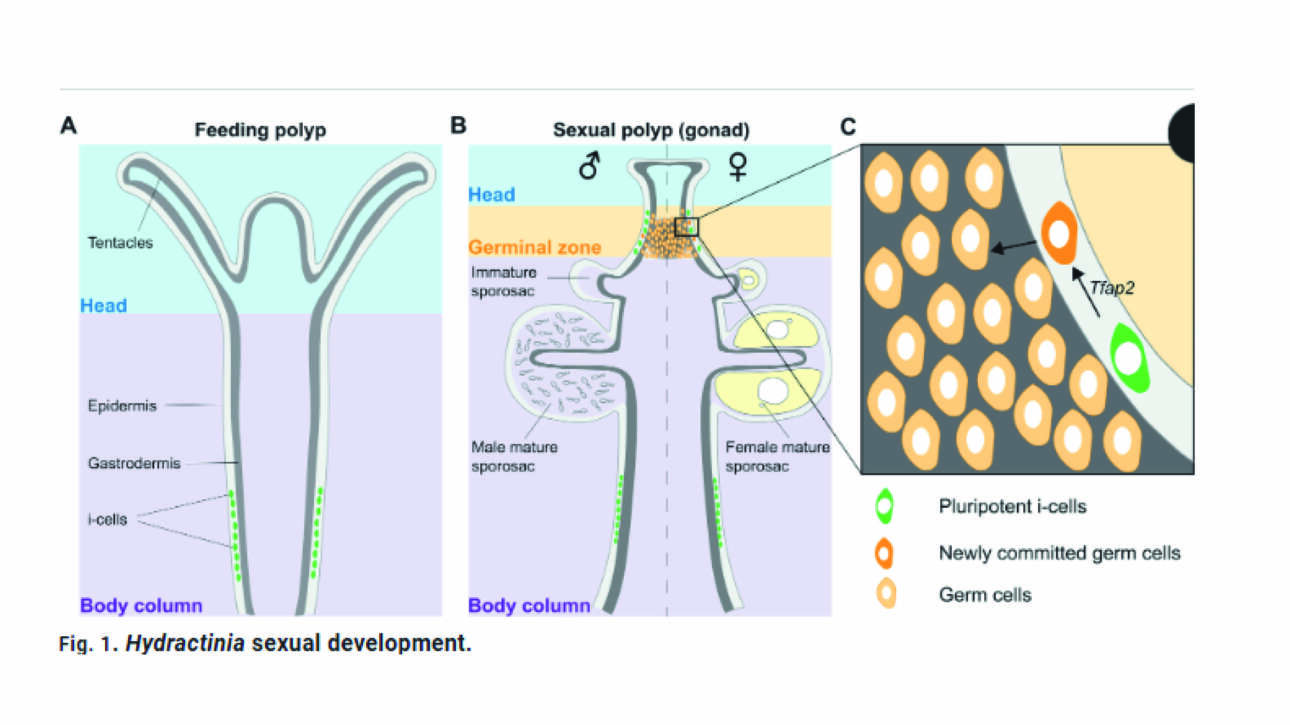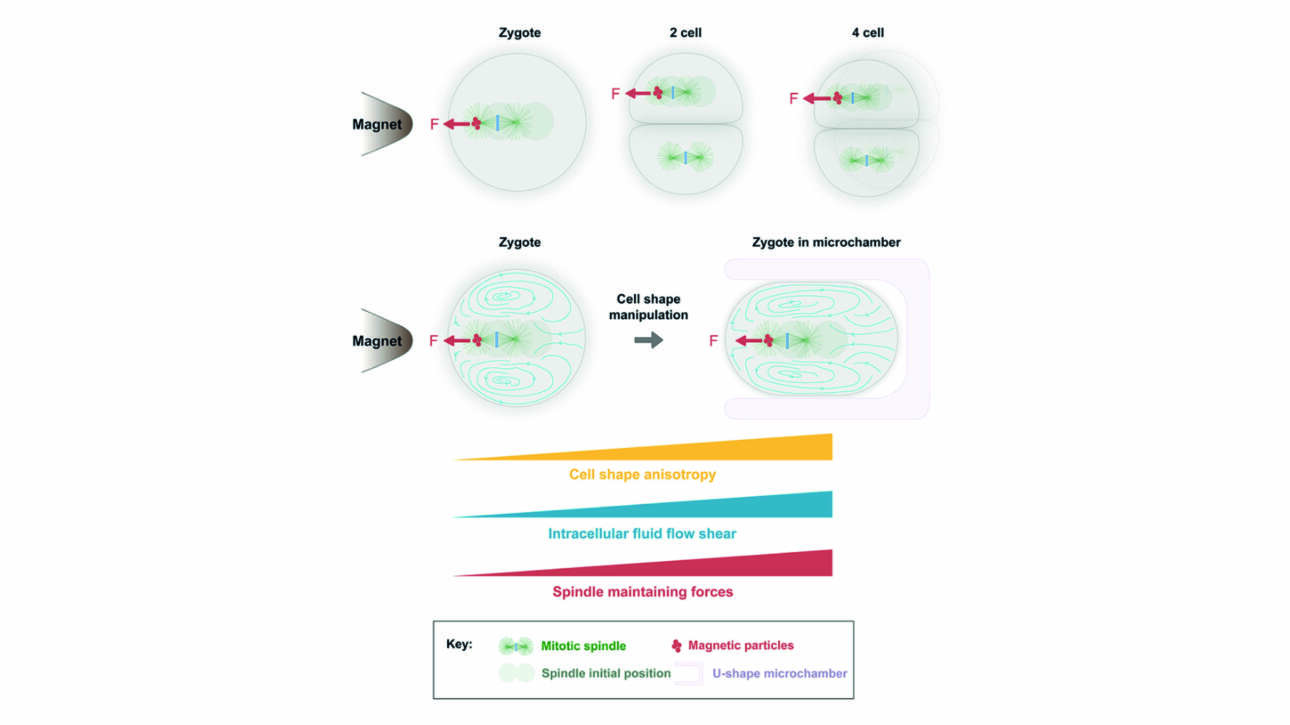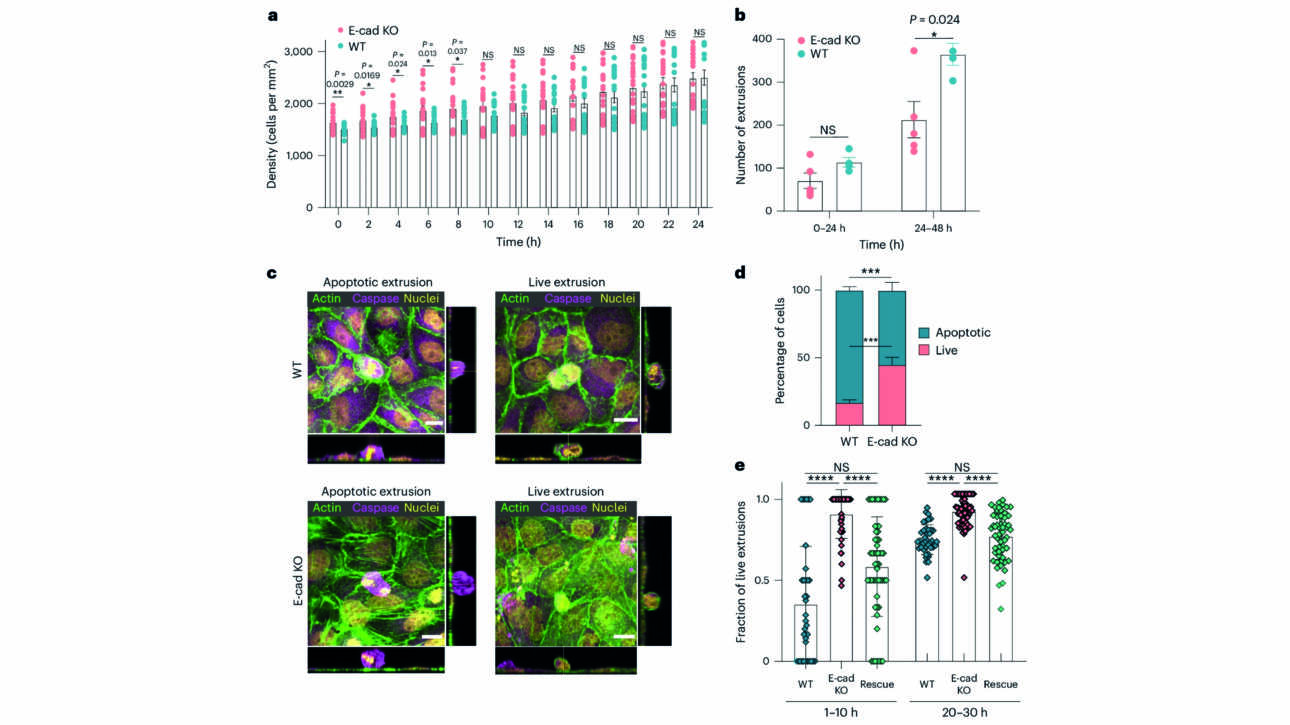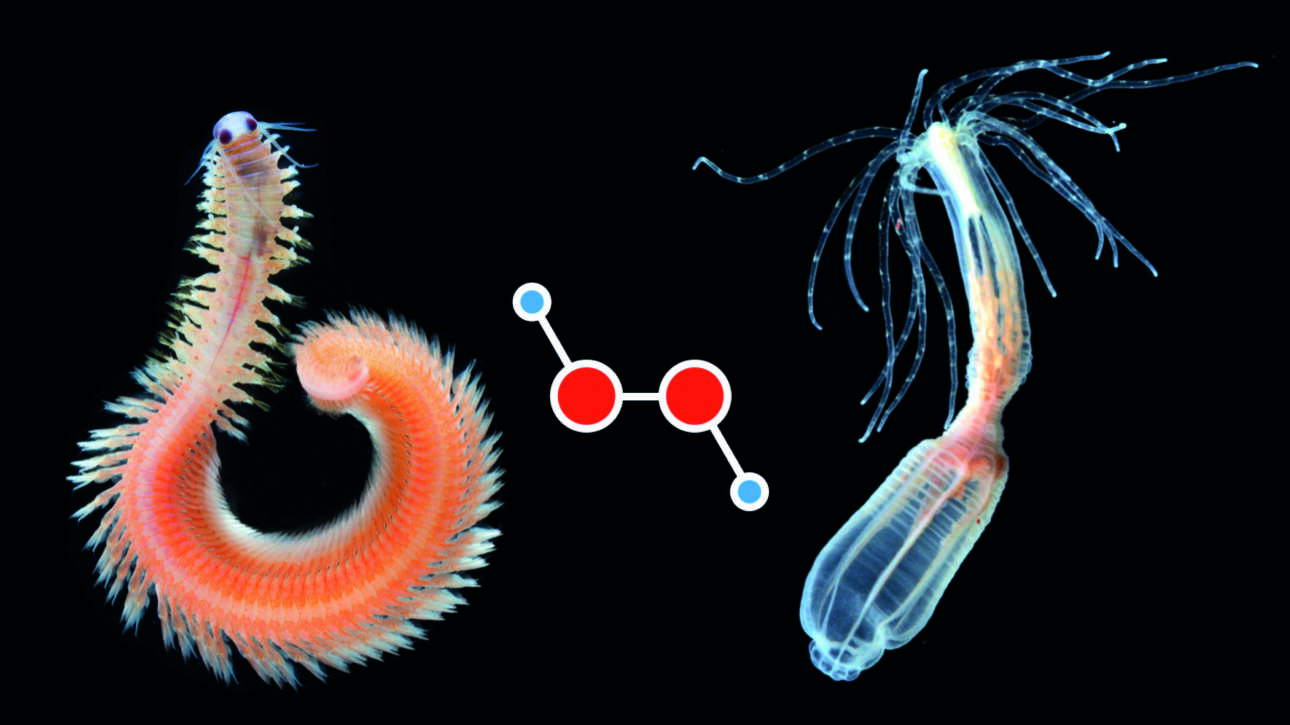The Borghi lab published a review in Front. Cell Dev:
Trafficking in cancer: from gene deregulation to altered organelles and emerging biophysical properties
Abstract:
Intracellular trafficking supports all cell functions maintaining the exchange of material between membrane-bound organelles and the plasma membrane during endocytosis, cargo sorting, and exocytosis/secretion. Several proteins of the intracellular trafficking machinery are deregulated…
